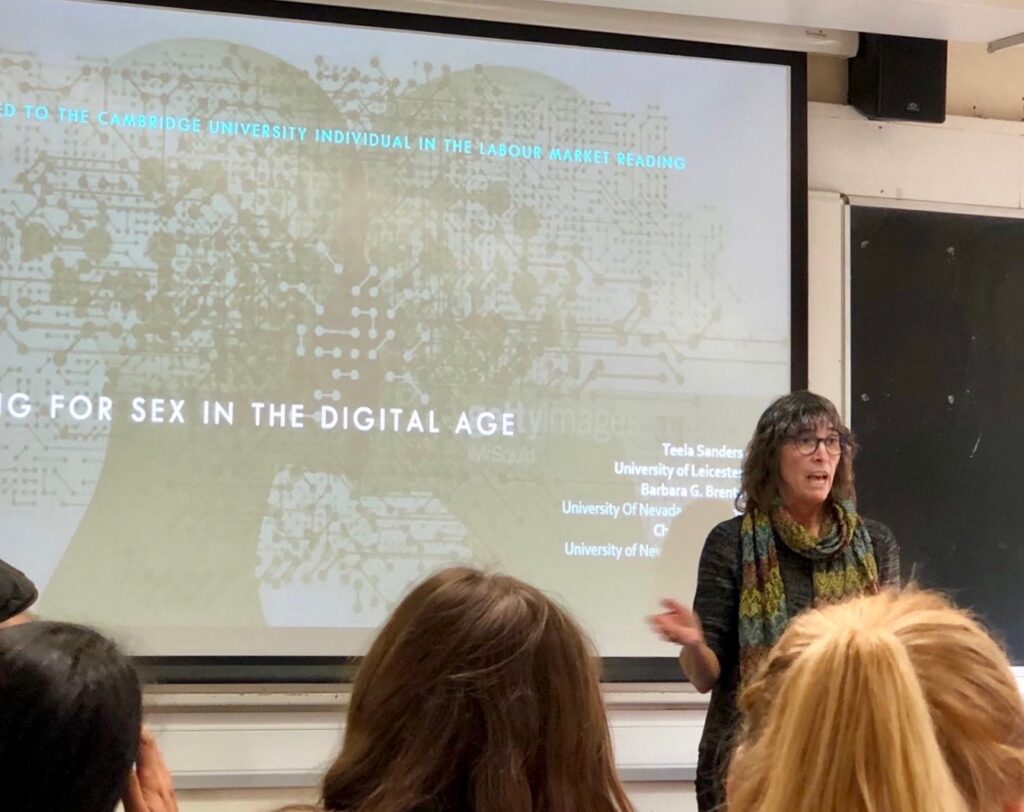Providing one of the first comprehensive, cross-cultural examinations of the dynamic market for sexual services, Paying for Sex in a Digital Age: US and UK Perspectives presents an evidence-based look at the multiple factors related to purchasing patterns and demand, among clients, who have used the internet.
The data is drawn from two large surveys of sex workers’ clients in the US and UK. The book presents descriptive baseline data, on client engagement with online platforms, demographics and patterns of frequency in different markets, information on smaller niche markets, and client reactions to exploitation, safety and changes in the law.
The book, co-authored by Barb Brents, Teela Sanders and Chris Wakefield, makes clear that a variety of situational, as well as individual, factors affects the willingness and ability to purchase sexual services. The view that emerges shatters the stereotypes and generalizations, upon which much policy is based. Furthermore, Paying for Sex in a Digital Age demonstrates the complexities, surrounding who pays for sex, and the contours of sexual consumption, in consumer culture.
Table of Contents
Introduction: Understanding Sexual Consumption
Chapter 1. Knowledge About Consumers
Chapter 2. Law, Policy and Politics in the UK and US
Chapter 3. Advertising and Avenues of Access to Paying for Sex
Chapter 4. Who Are Clients and How Do They Buy? Purchasing Patterns, Customer Segmentation and the Economics of Sexual Consumption
Chapter 5. Beyond Middle-Aged, Straight, White Guys: Purchasing Patterns in Smaller Markets
Chapter 6. Sex Without Touch – Consumers of the Webcam Market
Chapter 7. Responsible Consumption, Client Attitudes, Self-Regulation and Risks in an Underground Environment
Chapter 8. Conclusions: Market Diversity in a Digital Age

Review
“Their data proves conclusively that clients are not the chief source of the exploitation and violence that characterizes some segments of the sex industry. In a fully decriminalized context, where they feel free to report abuses to the authorities, clients can be a key part of the solution.”
~Thomas K. Hubbard, William A. Percy Foundation for Social and Historical Studies
